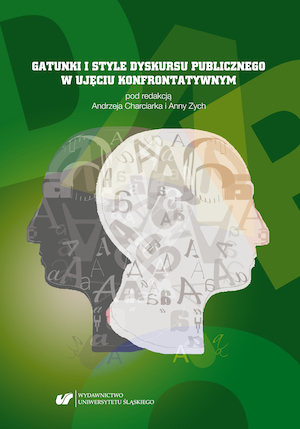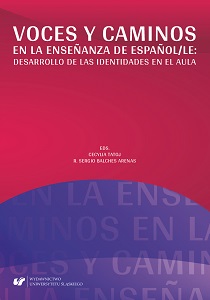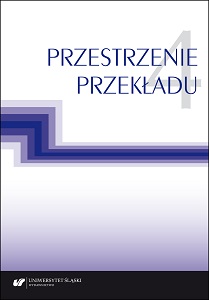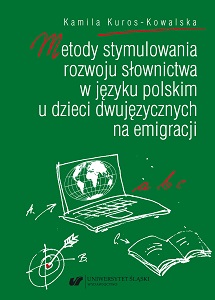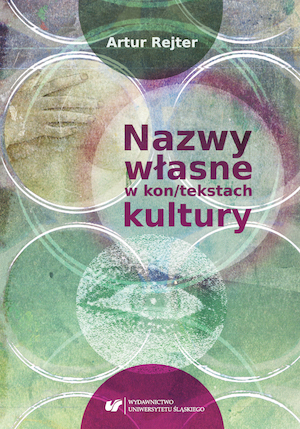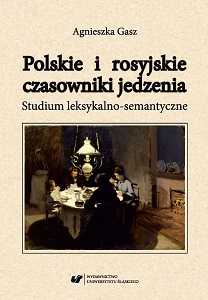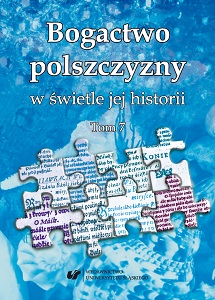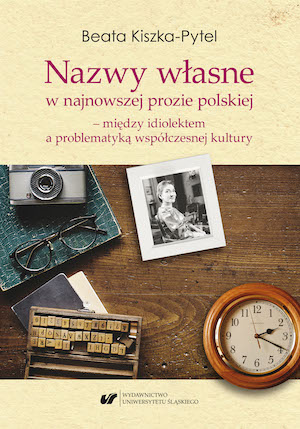
Proper names in the Newest Prose – between Idiolect and the Issues of Modern Culture
Nazwy własne w najnowszej prozie polskiej – między idiolektem a problematyką współczesnej kultury
Keywords: newest prose; moder culture
The aim of the dissertation entitled Proper Names in the Newest Prose – between Idiolect and the Issues of Modern Culture is to present the functioning of the proprial sphere in the youngest Polish literature, with particular focus on chrematoma, whose presence is increasingly visible in the newest artistic texts. Onomastic analyses have been conducted and set against the backdrop of postmodernism, fluid modernity, current sociological problems and contemporary culture (including popular culture). What is researched in the individual parts of the work is the relationship between proper names in the context of the frequently discussed themes of contemporary culture, such as time, space and consumption. The chapter dedicated to the analysis of proper names versus the issues of temporality, revealed a problem of the importance of the contemporary Polish prose and its future readership in the perspective of the next decades. Is the newest literature doomed to be short lived by its preference for the onyms, due to the increasing frequency of impermanent propria in literature? Is this very volatility what has the “onymic” quickly fall prey to the archaic, that is the cause of the potential precariousness of the contemporary literature and its reluctant reception (albeit often stemming from its incomprehension)? (fragment of the summary)
More...
